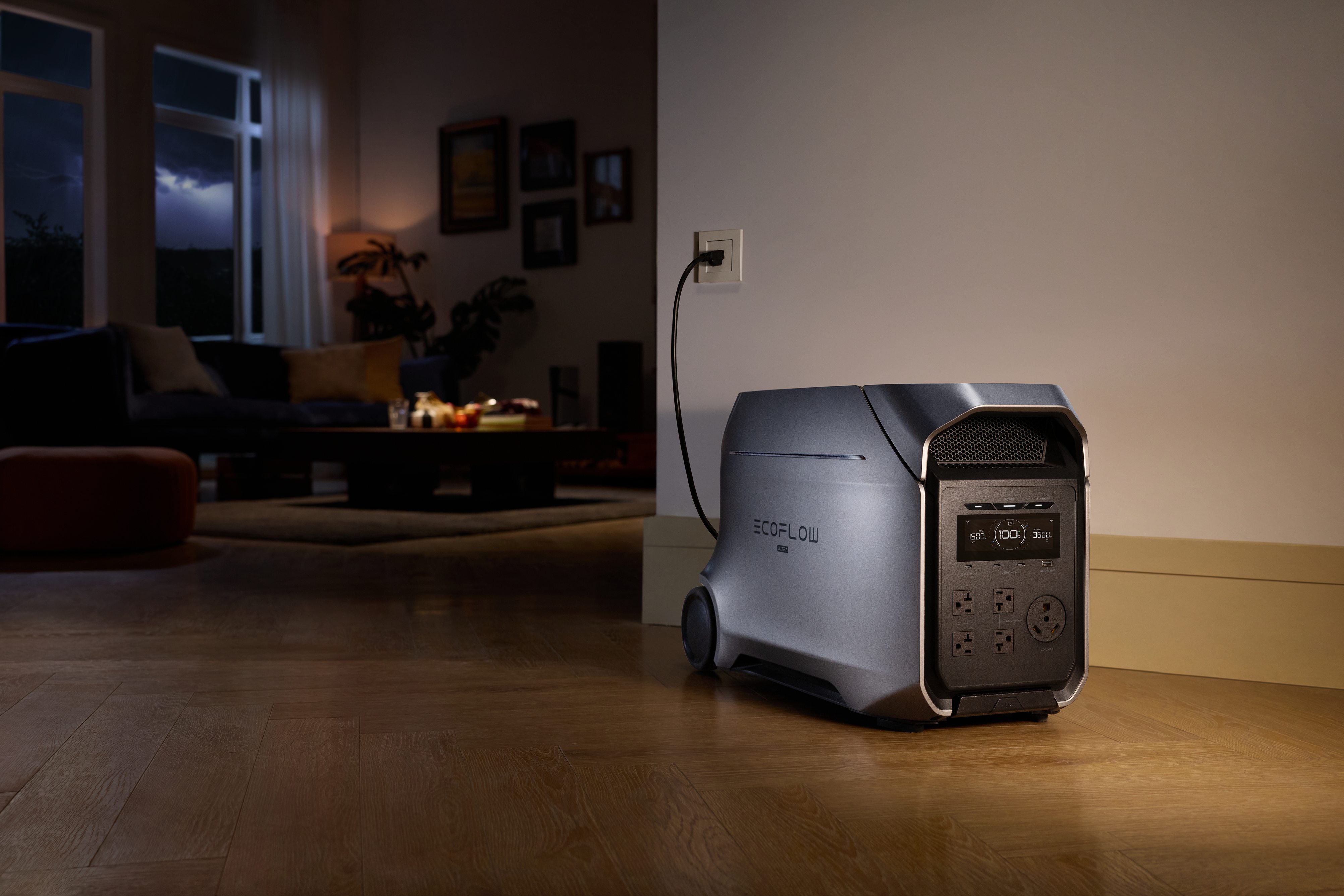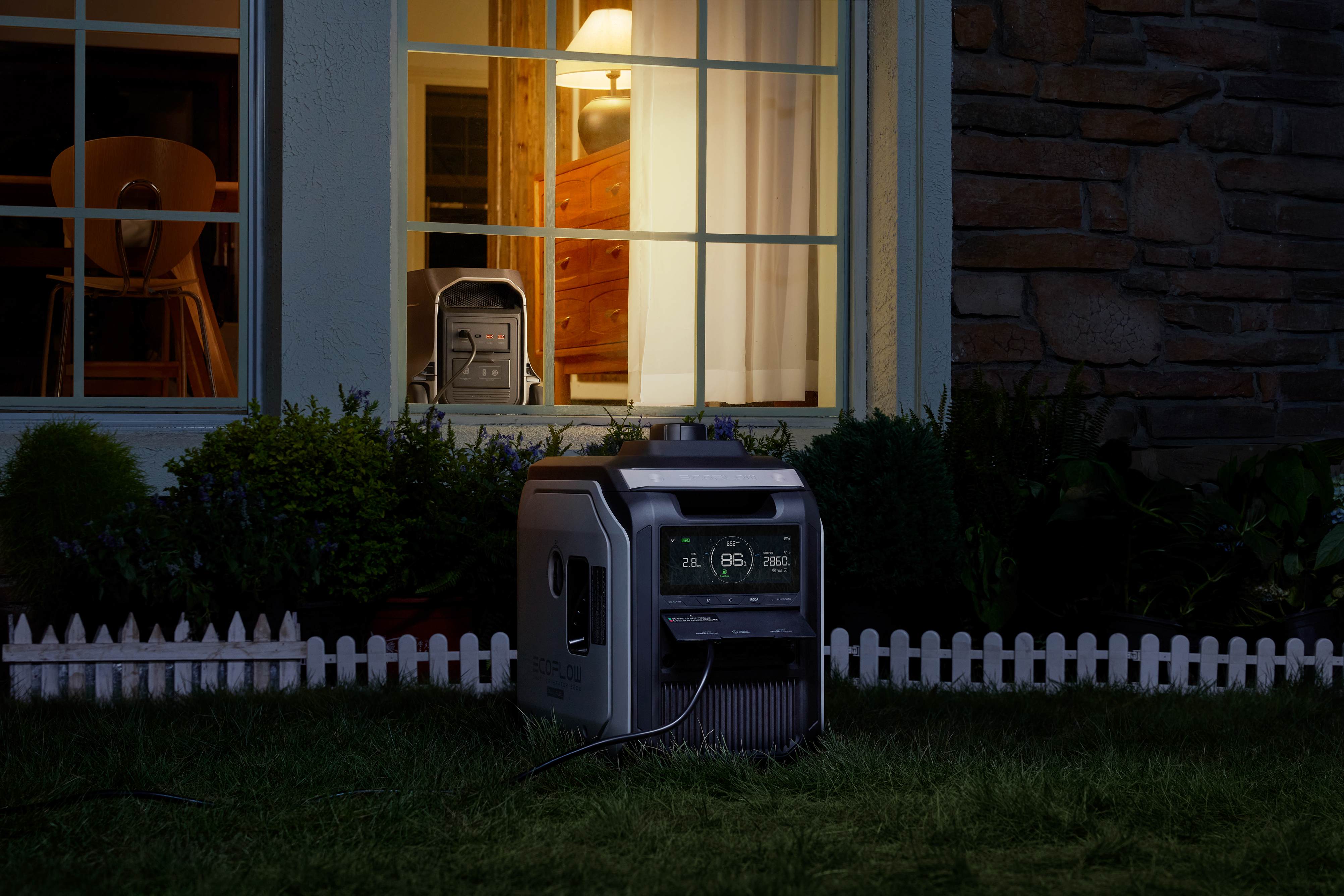What is "Energy Arbitrage"? Using Your Home Battery to Save Money on Time-of-Use Rates
It's annoying when your power bill keeps going up, especially when the rates seem to change every day. But what if you could make money off of the way prices change? Energy Arbitrage is the name of this technique, and it involves using a home battery to get better deals. It changes your energy storage from a backup plan to a smart way to save money.
What Are Time-of-Use (TOU) Rates?
For many years, most people paid the same amount for gas. Five hours of electricity cost the same at three in the morning and six in the evening. That kind is leaving.
A lot of energy companies now use time of use (TOU) rates. Putting these bills together isn't a mistake; it's supposed to keep the power grid stable. Power costs change all the time based on how much people want to use it.
Most of the time, these plans divide the day into different parts:
Off-Peak: Late at night and very early in the morning, when not many people are using power, this is the time. Now is the best time to buy power.
On-Peak: "On-Peak" means that the most people want to buy something, which is usually in the late afternoon or evening (for example, from 4:00 PM to 9:00 PM). This is when most people get home from work, turn on the air conditioning, and make dinner. To discourage grid strain, this is the most expensive power.
Mid-Peak (or Shoulder): These are the times in between, with a moderate rate.
The power company wants people to use chargers for electric cars and other high-energy items outside of peak hours. Life doesn't work that way for most working families, though. The busy time in the house is almost always during the "on-peak" window, which costs the most. This is what a modern home battery is meant to do.


How Energy Arbitrage Works as the Solution
The word "arbitrage" comes from the world of business. The idea is pretty simple: buy something (like a stock) when the price is low and sell it when the price is high. There is a benefit in the difference.
This is exactly how Home Energy Arbitrage works with your power.
Most importantly, this concept includes a current battery backup for the house. To rephrase, you can take advantage of the grid's off-peak hours to "buy" energy at a discount and "sell" it to your own home during the peak hours to save money.
Restoring energy to the grid isn't exactly what you're doing. Using the inexpensive power you conserved a few hours ago means you won't have to buy that pricey power. The price difference is your profit, and it shows up as a savings on your monthly payment.
The Smart Battery: Your Automatic Money-Saver
This is all made feasible by sophisticated modern home energy storage devices. Instead of being a large box in the garage, a home backup battery is more like an energy hub that is controlled by a computer. This intelligent handling is standard on newer systems such as the Delta 3 Ultra Plus (3072Wh).
You can reduce your energy costs thanks to the system's software. By integrating with your energy provider's TOU schedule, it is able to determine in advance when power is most cost-effective and when it is most expensive.
When operating independently, the daily cycle looks like this:
Phase 1: Charging Low
The grid is in its off-peak time in the middle of the night, when you're sleeping. The power grid feeds power to your smart battery, which charges its large batteries until they are full. It just "bought" a full tank of gas for very little money.
Phase 2: Holding
You might be able to leave your home on the grid during the day, especially during "mid-peak" hours. If you have solar panels, the system will use the free sun energy to power your home first and any extra to charge the battery.
Phase 3: Discharging High
When grid prices go up in the late afternoon, your smart system instantly cuts itself off from the grid. It starts to use the cheap energy it stored hours ago to power your whole house, including the lights, air conditioner, TV, and kitchen tools.
People often call this "peak shaving" because you are "shaving off" your home's demand from the grid when it costs the most. The system will switch your home back to grid power as soon as the on-peak time is over and prices go down. Now the battery is ready to do it all over again, and you didn't even have to flip a switch.


Putting Numbers to the Savings
Let's break down the numbers to see how this works.
For this example, imagine your utility charges a high "on-peak" rate of 40 cents per kWh during the evening, but a low "off-peak" rate of just 12 cents per kWh late at night. That's a 28-cent price difference.
Now, let's say you have a 15 kWh home battery system, perhaps one built with scalable units like the Delta 3 Ultra Plus (3072Wh). And let's assume your family uses about 15 kWh of power every evening during that expensive peak time.
Without a battery, you’re forced to buy all 15 kWh of that power from the grid at the 40-cent peak rate. That would cost you $6.00 for the evening.
With energy arbitrage, your smart system would have charged its 15 kWh battery overnight using the cheap 12-cent power, which would only cost $1.80. When the expensive peak time hits, your home runs entirely off the battery instead of the grid. Your cost for the evening's power drops from $6.00 down to just $1.80.
In this scenario, your system saved you $4.20 in a single day. If that happens every day, your annual savings could be over $1,500. The bigger the price gap between your utility's rates, the faster the system pays for itself.
What Else Can a Home Battery Do?
A working backup battery for your home is a good idea in many ways. Most of the time, people buy them because they save them money.
Uninterrupted Power Security: The benefit that is most well-known is uninterrupted power security. Your battery system is designed to detect power outages immediately in the event of a storm, heat wave, or equipment breakdown. It takes over in less than a second to power lights, fridge, and other important things in your home.
Maximizing Your Solar Investment: You need a battery if you have solar panels. Most of the time, when you're not home, solar panels make the most power in the middle of the day. When there is extra energy, it is often sold back to the grid for a very low credit because there is no battery. If you have a battery, you can store all of your solar power and use it when the evening peak prices are high.
Grid Stability: In some areas, utilities are even starting to give programs that pay people to let them use their home batteries to get a little power during major grid emergencies.
Is Energy Arbitrage Right for You?
This is a great way to save money, but it isn't the right choice for every home. Energy arbitrage works best for you if a few key things are true:
You Have a TOU Plan: The first thing you need to do is make a TOU plan. There is no "spread" to profit from if your electricity company charges the same flat rate daily.
The Price "Spread" is Significant: If the difference between your on-peak and off-peak rates is only a few cents, you won't save much every day. When the gap is bigger, it makes more sense from a money point of view.
You Use Energy During Peak Hours: This method works best for families whose daily routines make them use a lot of energy during the on-peak window, like when they come home at night, turn on the AC, and make dinner.
You Have the Right Equipment: You need a modern battery system with smart software that can handle TOU plans. Older backup engines or simple battery systems that aren't smart might not be able to use this "peak shaving" feature.
Take Control of Your Energy Bill
Energy Arbitrage turns a home backup battery from a simple safety net into a creative way to make money. If you buy, store, and use energy smartly, you can protect your home from the highest time of use rates. This smart plan is a straight way to cut down on your electricity bills and become more energy independent.
For press requests or interview opportunities, reach out to our media team
media.na@ecoflow.com